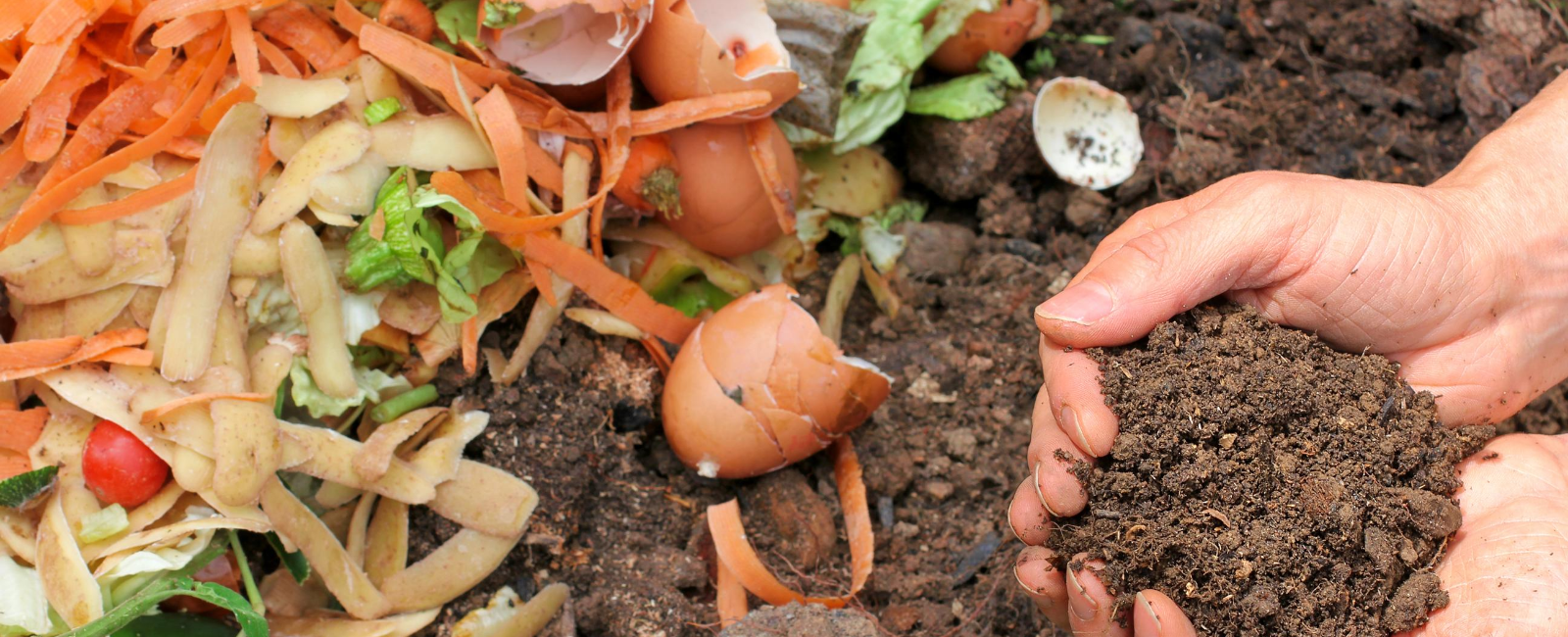Interested in reducing your impact on the environment by cutting your waste by 20% or more? Composting is a simple way to reduce the amount of waste you dispose of.
Get more information about Dysart's FoodCycler pilot project.
Composters ($57 flat fee) and digesters ($124 flat fee) can be purchased at the Haliburton Landfill. Download the differences between composters and digesters.
May 1, 2024: Backyard Composters and Digesters are in stock at Haliburton Landfill!
Composters
For more information on the compost units available, visit the FreeGarden Earth website. Get more information by visiting the Compost Council of Canada's website.
Digesters
For more information on the digester units available, visit The Bardmatic Digester website.
Concerned about wildlife?
Unlike digester units, which are enclosed systems that break down organic waste without air, compost bins require air to function properly. Bears find food with their noses, so precautions must be taken when composting in bear country.
The key to not attracting bears to your backyard compost bin is to eliminate the odours that attract them:
- Do not add cooked or leftover food scraps to your compost bin.
- Never put meat, fish, fats, oil, grease, bones, or dairy products in your compost bin.
- Sprinkle your compost with lime to aid in decomposition and reduce odour.
- It is key that each time you add kitchen waste, cover it with brown materials (dry leaves, sawdust, newspaper or dried grass clippings) or soil.
- Keep compost aerated and properly turned. Add branches, if necessary, to get air underneath the pile.
- Locate the compost bin in an open area, well away from the forest edge, thickets and natural pathways used by bears.
Contact Us
 Subscribe to this Page
Subscribe to this Page











